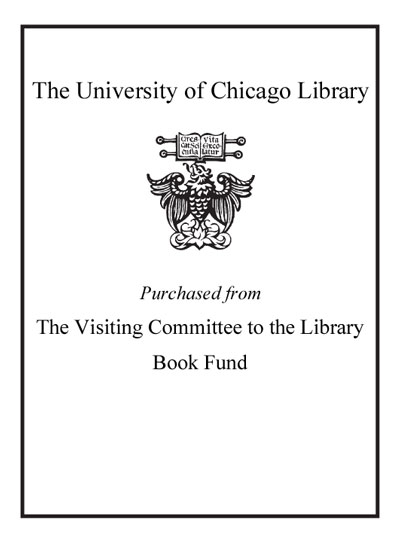Review by Choice Review
Each of the ten chapters in this brief biography begins with a letter written by Byron and is followed by a lucid, richly researched, and lively commentary. It does not replace the important biographies of Byron: Leslie Marchand's Byron: A Biography (1957), Marchand's Byron's Letters and Journals (11 vols. 1973--94), Norman Page's Byron Chronology (CH, Dec'88, 26-1886a), Benita Eisler's Byron: Child of Passion, Fool of Fame (1999), Fiona MacCarthy's Byron: Life and Legend (2002), and the work on which all others rely, Thomas Moore's The Letters and Journals of Lord Byron, with Notices of His Life (1830). However, Stauffer's cogent interpretations of Byron's letters and his life are coherent and wisely documented, showing that "Byron's uncertainty, irony, and perversity remain useful postures of rebellion against the false, often oppressive, surfaces of the doctrinaire" (p. 5). The final chapter provides details to show Byron's "turn from a life of poetry and sensual pleasure in Italy toward the privations and exertions of wartime Greece" (p. 326). Indeed, as the author notes, "[U]p to the present day the name of Byron still resonates across Greece where he is grouped alongside the founders of the nation" (p. 11). Summing Up: Recommended. General readers through faculty. --Terence Hoagwood, emeritus, Texas A&M University
Copyright American Library Association, used with permission.
Review by Publisher's Weekly Review
This scintillating study by Stauffer (Book Traces), an English professor at the University of Virginia and president of the Byron Society of America, vividly brings the poet to life by examining "ten of the most interesting and characteristic letters written between his teenage years and his last weeks" in Messolonghi, Greece, where Byron died at age 36 in 1824. Letters to family, friends, lovers, and publishers are presented in full, followed by discussion of their importance to Byron's life. For instance, Stauffer covers Byron's troubled marriage to Annabella Milbanke in the context of an 1816 message in which he unsuccessfully cajoled her not to move forward with a separation, and an 1823 letter to a university friend sheds light on his decision to move from Genoa, Italy, to Greece, which he viewed positively as "a place of bisexual freedom." Stauffer's immersive prose shines ("Once you pass through the massive sixteenth-century gate and emerge again into the light, the Great Court of Trinity College Cambridge unfolds in crisply manicured green squares, surrounded by the imposing stone walls of the chapel"), and he manages to acknowledge the difficulties of Byron's life (he endured childhood sexual abuse and lifelong disordered eating) without excusing his cruelty, which included bragging to his wife about his affair with his half sister. This stands out in the crowded field of Byron biographies. (Feb.)
(c) Copyright PWxyz, LLC. All rights reserved
Review by Kirkus Book Review
A user-friendly biography of the major Romantic poet, framed around some of his most revealing missives. In his brief life, Byron (1788-1824) exemplified passion and transgression, becoming an icon of British literature despite protests from the likes of William Wordsworth, who argued that Byron's Don Juan "will do more harm to the English character, than anything of our time." Between provocative epics and a louche lifestyle involving countless lovers (including his half sister), he earned his place as a man who was "mad, bad, and dangerous to know," as his lover Caroline Lamb famously put it. Timed to the 200th anniversary of Byron's death, this book by Stauffer, president of the Byron Society of America, isn't a scholarly study filled with fresh research, but nor is it a dumbed-down overview of Byron's life and career. Though each chapter opens with a key letter from a moment in the poet's life, it's not quite a critical study of his writing, either. Rather, it's a pocket biography that leverages Stauffer's knowledge well. The author is sensitive to Byron's insecurities (he was born with a deformed foot), affections (numerous letters concern his seductions and affairs with men and women), and political passions (he died while supporting Greece's battle for independence). Byron often comes off as smug and amoral, but he could also be sensitive and confessional about his behavior--and, toward the end of his life, eager to pursue something like redemption. "He is becoming what he should be, a virtuous man," Percy Bysshe Shelley wrote in 1821. Stauffer dedicates a fair amount of space to explaining the many references in the letters, but he's also careful to maintain a lively narrative of Byron's life, clear about his many flaws but clarifying why he was such a commanding figure. A well-conceived book and a fine Byron biography for neophytes. Copyright (c) Kirkus Reviews, used with permission.
Copyright (c) Kirkus Reviews, used with permission.
Review by Choice Review
Review by Publisher's Weekly Review
Review by Kirkus Book Review

